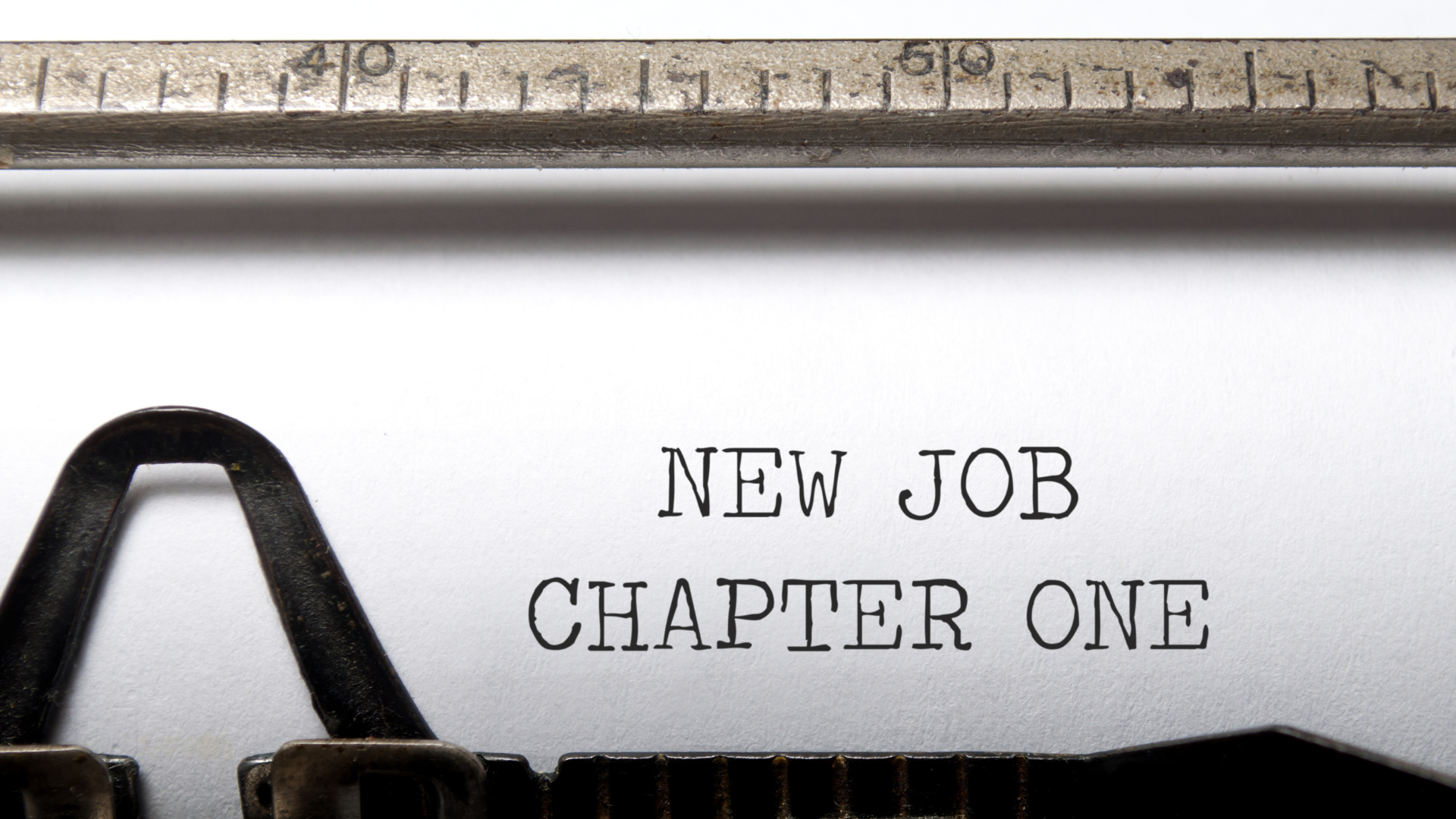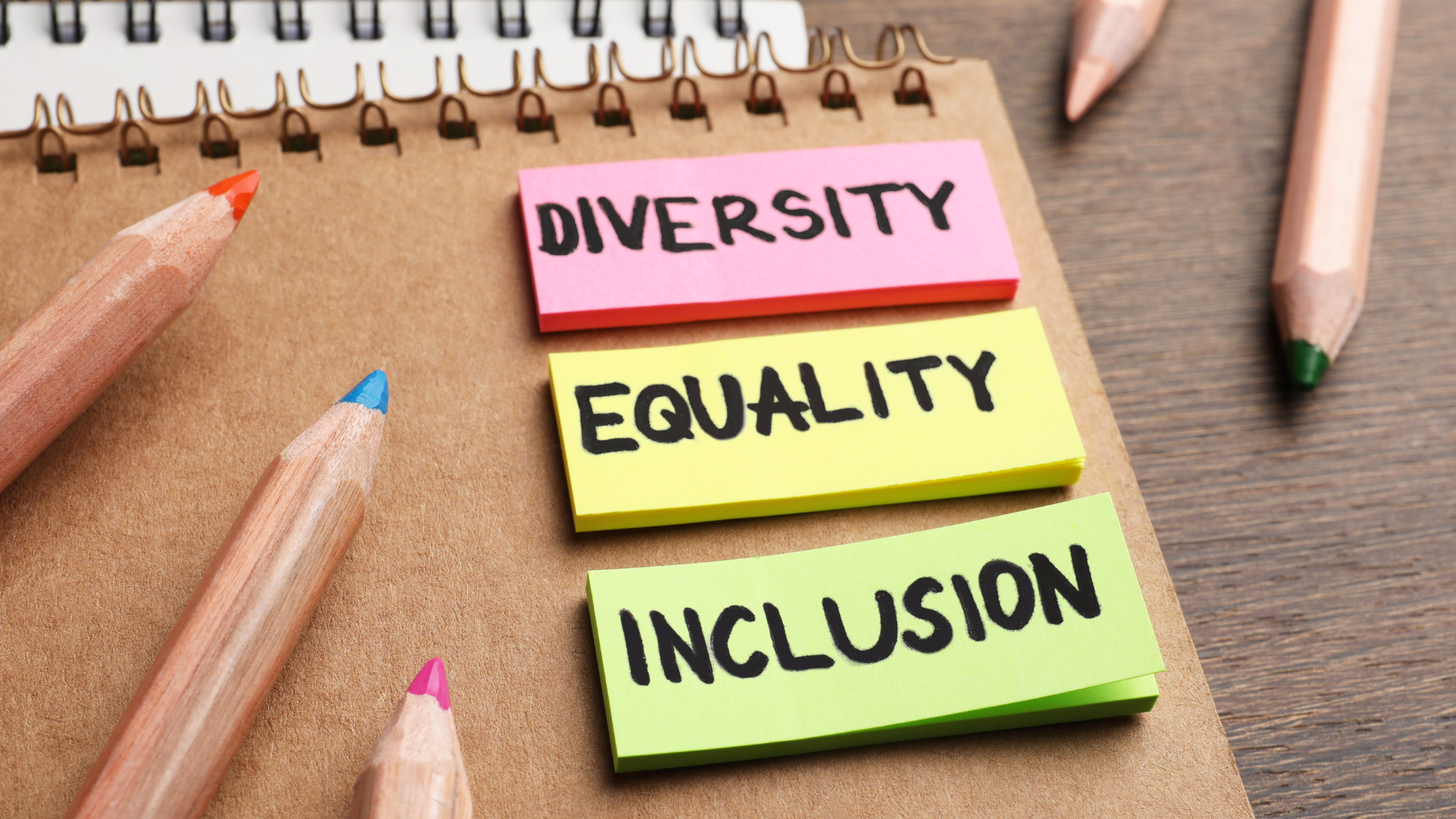10 Big Ideas For 2020

Another year just flew by, and as we gear up for the year ahead, it is a good time to reflect on what happened in the last decade and what is yet to come. So here we are, guys!
Here is my take on the 10 biggest shakeups for 2020.
The Digital Age will make bigger and bigger waves in our pond
Internet, smartphones, smart homes, smart watches – years of technological disruption have transformed the way we live, work and play. But you know what? It was just the beginning. New technologies will arise to reinvent our routine and make our lives better: facial recognition, digital wearables, augmented reality. What if your computer could analyse your productivity throughout the day and arrange your calendar so you handle your key tasks when you are at your peak, and do the smaller ones when you are in your downtimes? What if you woke up not because of a loud and annoying alarm you set up yourself, but because your bed analysed your sleep through sensors, picked the best time to start waking you up and slowly changed its shape to lead to your waking? Best news of the year for the not-so-morning people!
Newspapers will talk about recession even more. It doesn’t mean it will happen.
A recession had been forecasted for 2019-2020 by LinkedIn, the biggest professional network. It hasn’t happened yet. For sure, the Australian labour market hasn’t been at its peak this year: the ups and downs in the second half of the year, coupled with shaky business confidence, clearly impacted the recruitment part of the spectrum. When it came to hiring, the decision making was slower at times and counteroffers multiplied, as businesses didn’t want to risk losing their top talent in these uncertain times.
Uncertainty will remain a parameter to deal within 2020. The full economic impact of our devastating bushfires is yet to be determined. There is fear in the marketplace with the spread of the Corona Virus. The US presidential elections and the electoral campaigns may hinder the market, as important investment decisions stay on hold until the next president is decided. And let’s not even mention Brexit.
Mental health – do we even need to introduce the topic?
Once upon a time, employers thought that there was only one big lever to attract top talent in their kingdom: money. We all know the end of the fairy tale. From both perspectives (employer and employee), supporting your workers’ mental health will deliver better outcomes including loyalty and productivity. Employers need to put an end to any type of bullying, harassment and toxicity in the workplace and embrace an open-minded environment where people can express their fears and their not-so-great moments if they need to. But it’s way more complex than that: mental health is about pushing your employees out of their comfort zone, celebrating the mistakes rather than shaming them, bringing fun into the workplace, empowering your people. It’s a culture of sharing and trust, where you give them flexibility and unlimited vacation days (okay, not all employers can do this) because they know what you expect from them performance-wise, a culture where you accept that giving them more time off and letting them work their way is the best way to foster happiness.
Happy people, in and out of work hours, will perform better. And employers can act on both.
Our nature matters
2019 was the year of climate change. From the Amazon burning and Australia’s bushfires to Greta Thunberg’s pitch, climate change is a big challenge and businesses will be forced to reinvent the way they work and produce.
- An almost paperless office: we know it’s still hard to go 100% digital in today’s world, but your workplace can reduce its use of paper and preserve documents in a digital form.
- Go for refillable office solutions: pens, markers, printer ink have eco-friendly options. Buy refills and preserve their outer casings.
- Favour video conferences over face-to-face meetings, especially when it involves long trips.
Ageism and older worker
Australian statistics speak for themselves: one in seven Australians are currently aged 65 or over. In the talent economy, many employers say that there is a lack of experienced workers in their industry. As the baby-boomer generation ages, there will be more older workers. Good news! This is a great untapped resource. With the age pension qualification moving to 67, and many soon to be ‘retirees’ having inadequate superannuation (remember compulsory superannuation didn’t commence until 1991 and it’s been a gradual rise from 3 – 9.5%) many older workers will stay in the workforce, either in full-time or part-time roles. More and more studies are showing the benefits of remaining in the workforce and staying socially connected to both physical and mental health. Between 2020 and 2030, discrimination related to ageism in recruitment and in the workplace will, we believe, drastically decrease. The way we approach age and its related challenges (overqualification and over specialisation, among others) will switch, as we understand the competitive advantages of hiring older workers: broad and long experience, loyalty, positive attitude, more likely to comply with norms and safety standards as well as listening to instructions.
What if work wasn’t our life goal?
From a recruitment agency, that’s a bit of a weird question, right? Work has been for the last century THE big thing. You go to school, then to university, and you study to become a grown-up and do your dream job. The truth? This is not the case anymore: with the acknowledgement of the importance of our mental health, and our wellbeing, younger generations don’t want to sacrifice their life at work. Heaps of young Aussies leave jobs to visit Europe, America, Africa, Asia, and once they settle down and look for a more stable job, they aren’t willing to sacrifice everything for a good salary. Perks are important. Feeling fulfilled outside of work matters. Work, the Holy Grail of yesterday, isn’t the Holy Grail anymore. And businesses will have to find new solutions and adapt their structures to keep attracting top talent.
From unicorn entrepreneurs to social entrepreneurs
Capitalism isn’t working the way we may want it to. Its equation needs to adapt to a new situation, where climate change and overpopulation are the planet’s two biggest challenges. Changes are already happening around us, but in the near future, we expect the rise of social entrepreneurs to become even more significant: these entrepreneurs, rather than founding skyrocketing million-dollar start-ups overnight, build organisations made to last, organisations designed to make an impact. And you know what? As social businesses are based on values and a strong belief, the model ‘you create a start-up, succeed and sell it immediately’ won’t apply, making these businesses more stable and sustainable.
Time is your most important resource
We couldn’t say it better: time is your most valuable asset. But social media, digital wearables, email notifications are making it overly difficult to make the best use of our time and to stay focused. How can you go through your TO-DO list and achieve high performance, when you’re constantly interrupted? The key would be to plan to disconnect.
- Break down your work hours into 45 minute sections, with clear tasks for each of them, and stick to this schedule. Planning is caring…
- Do your most important tasks first thing in the morning. There’s always time for the small tasks at the end of the day, whereas it can get tricky to start a two-hour project at 4.30 pm.
- You know it yourself. Disconnect. Deactivate your email notifications, switch on your phone’s silent mode, and make things happen. For sure, you can’t disconnect all the time, but two hours every day are enough to improve your performance, and smash your objectives!
The relationship between employer, manager and employee will change. AGAIN.
… and it’s not the first time. Automation, Artificial Intelligence and Robots make it easier to manage people, and therefore, management roles aren’t just about managing people, but about focusing on the bigger picture. New technologies will free up more time for the leadership teams and will remove some of the hierarchical layers previously required. Management became leadership in the last decade. It will switch to coaching before 2030. To attract and retain talent within the business, support your employees and help them to build a career they are proud of! Don’t tell them what they should do, help them to do what they want to achieve, and show them. Employees don’t want to be micromanaged and tracked. They want to be trusted.
What’s the point of working in the city if you can do your job remotely in your favourite place?
To finish this list for 2020, we will write this question for you. Technology is enabling many of us to work from home now and with the speed of technological change, it will get even easier to work remotely. So, what’s the point of living in the city, if you can do your work remotely? Why should you live in a busy city, if you’d prefer to be at your beach shack or cottage in the mountains? Workplaces won’t disappear, but there won’t be a need to live in a specific city if you can do your job from elsewhere.
The years have never been as exciting as today, as our generations are questioning the values of yesterday. Why did we adopt capitalism? Is it right? Should we rethink a more social and eco-friendly capitalism? Where does work stand in our life? Is it still our number one priority? What about happiness? Mental health? Rather than questioning what we do, we are now questioning why and how we do things. We want to create a more sustainable future for everyone.
Bring on the decade of the roaring 20s!
Find the job you love I Find the right talent
Get in touch with people2people
Australia
I
United Kingdom
In business since 2002 in Australia, NZ, and the United Kingdom, people2people is an award-winning recruitment agency with people at our heart. With over 12 offices, we specialise in accounting and finance, business support, education, executive, government, HR, legal, marketing and digital, property, sales, supply chain, and technology sectors. As the proud recipients of the 2024 Outstanding Large Agency and Excellence in Candidate Care Awards, we are dedicated to helping businesses achieve success through a people-first approach.
Recent articles





Latest Media Features
List of Services
-
Dry promotions': Australian employees given new titles with no pay hikeDry promotions': Australian employees given new titles with no pay hike
Human Resources Director
Janurary 10, 2025 -
People2people Recruitment Reveals Top 25 Career Tips for 2025People2people Recruitment Reveals Top 25 Career Tips for 2025
Global Travel Media
Janurary 6, 2025 -
Navigating 2025: Top tips for evolving Australia jobsNavigating 2025: Top tips for evolving Australia jobs
IT Brief Australia
Janurary 1, 2025
List of Services
-
Dry promotions': Australian employees given new titles with no pay hikeDry promotions': Australian employees given new titles with no pay hike
-
People2people Recruitment Reveals Top 25 Career Tips for 2025People2people Recruitment Reveals Top 25 Career Tips for 2025
-
Navigating 2025: Top tips for evolving Australia jobsNavigating 2025: Top tips for evolving Australia jobs
Get in touch
Find out more by contacting one of our specialisat recruitment consultants across Australia, New Zealand, and the United Kingdom.
Copyright © 2025, people2people
people2people acknowledges the Traditional Custodians of country, pays respect to their Elders past and present, and extends that respect to all Aboriginal, Torres Strait Islander and Māori peoples today.
people2people partners with CarbonInvoice to measure and mitigate any carbon emissions associated with the work we do.
Specialisations
Locations
Resources

